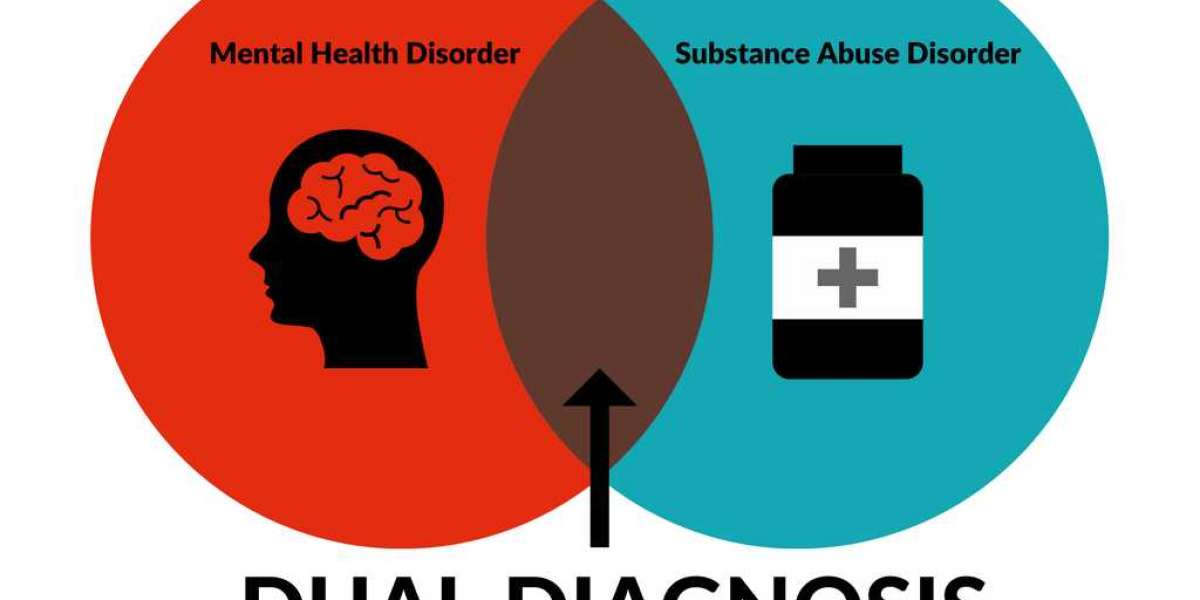If you're dealing with a mental health disorder and addiction at the same time, then dual diagnosis treatment is an important part of your recovery process. Luckily, there are many effective treatments that can help you.
Research has shown that treating co-occurring disorders simultaneously leads to better outcomes. These treatments include behavioral therapy, medications and support groups.
Medications
Dual diagnosis is a medical condition in which you have both a mental health disorder and a substance abuse problem. It occurs frequently and is difficult to treat.
Sometimes, one disorder causes the other, and at other times, they start together and stem from common factors such as trauma or genetics.
People with both disorders often struggle to find balance and stability. They may also be at higher risk for relapse, so it is important to seek treatment for both conditions.
Medications are commonly used in dual diagnosis treatment to alleviate symptoms such as agitation, anxiety, mood swings and hallucinations. They can also help control substance use and prevent relapse.
Therapy
Treatment for dual diagnosis requires a multi-faceted approach that takes into account the mental health and substance use issues. These conditions are often interrelated and can lead to serious consequences if left untreated.
During therapy, you learn lessons about your emotions and thoughts, your coping skills, and how to face fears. You also develop relationships with other people who can support you during your recovery.
In most cases, your therapist uses cognitive behavioral therapy (CBT) to help you change the way you think about your issues. Alternatively, they might use dialectical behavior therapy (DBT) to teach you coping and problem-solving skills.
Your therapist may also help you find a balance between your emotional and physical health. If you have any other health concerns, such as physical ailments or chronic conditions, they should be treated with your primary care physician.
Support Groups
People with mental health issues and substance abuse problems may require treatment for both at once. Getting help for dual diagnosis is important, as it can prevent relapse and make recovery easier.
Many support groups are available for people with mental illness and drug or alcohol use disorders. These can provide a valuable source of emotional support, helping them to feel less isolated and more confident about their recovery.
Becoming a shoulder to lean on and a willing ear for your friend or loved one can be invaluable. Learning about the symptoms and treatment options for dual diagnosis will also help you to understand what your friend or family member is going through.
Recovering from a dual diagnosis takes time, commitment and courage. But it can be done!
Medically Managed Services
Dual Diagnosis Treatment is a special type of treatment for people who have a mental health disorder and an addiction. It can be difficult to treat these conditions simultaneously, but it's important to do so for the best results.
The first step in treating a dual diagnosis is detoxification, which is when someone with a substance abuse problem gets rid of the drug or alcohol they are addicted to. During this time, they'll receive medications that will prevent withdrawal symptoms.
Once detox is complete, dual diagnosis clients may start psychiatric treatment. These services can include counseling, group therapy, and medication. They also have access to support groups and relapse prevention training.
Integrated Treatment
People with addiction problems often have co-occurring mental health disorders. They may need more intensive treatment than someone with a single substance use disorder because both disorders can aggravate each other.
Integrated treatment combines these two issues in one holistic approach to help clients overcome the complex set of challenges that they face. This approach is considered the best way to treat dual disorders because it addresses both at the same time.
Using a variety of methods, including medications and therapy, integrated treatment teams work to improve the patient’s mental health while also addressing their addiction. The treatment team’s goal is to treat both conditions simultaneously so that patients can feel and see real changes in their lives quickly.








